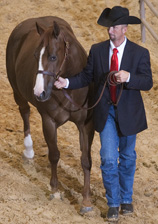 In spite of a wounded national economy, results of the 2009 NCHA Super Stakes Sale were encouraging, according to Jim Ware of Western Bloodstock, the company that produces all official NCHA sales.
In spite of a wounded national economy, results of the 2009 NCHA Super Stakes Sale were encouraging, according to Jim Ware of Western Bloodstock, the company that produces all official NCHA sales.
“I am optimistic,” said Ware. “Our averages for the Futurity Sales in December were down 36 percent, but not nearly as much compared to sales in the Thoroughbred and other horse industries. In the Super Stakes Sale, I read the market to be better than in December for the types of horses we sold.”
“It was a good sale,” reiterated Ben Emison, also of Western Bloodstock. “The attendance was great, the averages were good, and there were fewer pass outs than in previous sales. Overall, it was very encouraging for the cutting industry.”
The 2009 Super Stakes Sale averaged $11,004 on 155 head sold, with an average of $76,800 on the top five sold; $56,500 for the top 10; and $41,375 on the top 20. Reserve was not attained on 32 head with an average of $22,322.
Averages for the top 10 and top 20 horses sold in the 2009 Super Stakes Sale were actually higher than those in 2001 ($56,500 compared to $47,550 and $41,375 compared to $32,750), while the total average was essentially the same, $11,004 compared to $11,020, with 21 more horses sold in 2009.
“In 2001, when the first Super Stakes Sale averaged $11,020, that was a tremendous average and each year it kept increasing,” said Ware. “Last year’s sale had a record average. Then the country went through the economic turmoil that we are still reeling from and the NCHA Futurity Sale averages were way down. A lot happened between April and December. If we’ve seen the bottom of the economic turmoil, which a lot of people think that we have, then we have a lot of room for growth and a lot to look forward to.”
Since its inception in 2001, the NCHA Super Stakes Sale’s biggest category has been working horses. “It’s a little too early for yearlings and for two-year-olds, which most people have not yet started,” explained Ware. “We wind up with some broodmares, but a lot of people’s mares have just foaled or are still being bred, so we don’t get as many mares as at the Summer Sale and the Futurity Sales.”
Ware also urges owners to continue breeding quality mares and to put their two-year-olds into training.
“I think we need to be more careful about breeding than we have in the past, but I believe people are making a mistake if they have a nice mare and don’t breed her, or if they have a good two-year-old and don’t train it,” he said. “As the economy improves, there’s going to be a big demand for these horses.”
Remedy For Sweets (pictured), at $100,000, was the high-selling lot in the 2009 Super Stakes Sale. The 14-year-old daughter of Grays Starlight was consigned by Sunrise Ranch, Fayetteville, AR, and purchased by Bobby & Dottie Hill, Glen Rose, TX.
For complete results go to www.westernbloodstock.com
